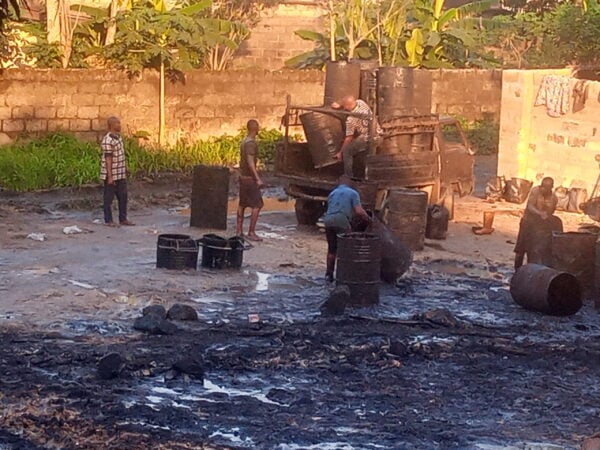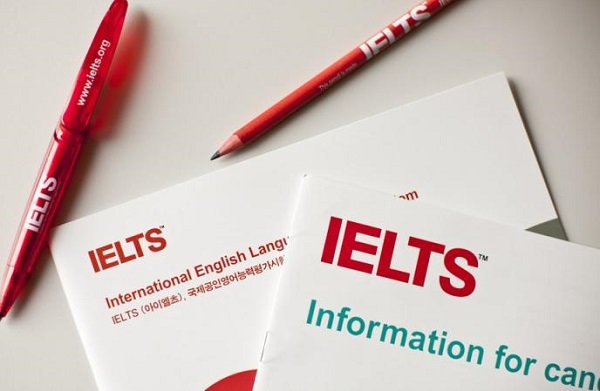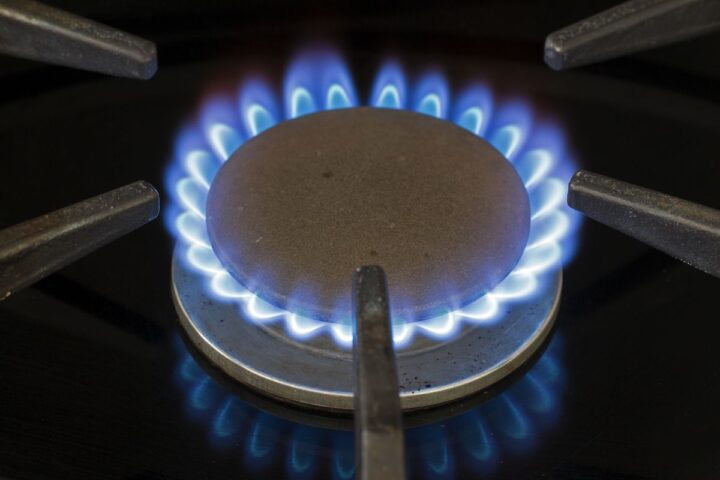Artisanal refiners at work behind Esther's house in Oyigbo LGA
Stakeholders in the petroleum industry have proposed that the oil refining laws should accommodate the establishment of artisanal refineries to address soot pollution.
In a statement issued on Monday, Ita Etang, senior special assistant to the president on Niger Delta Affairs, said that the Petroleum Refining Regulations of 1974 and other relevant laws should be reviewed as a remedy for soot pollution in Rivers state and other Niger Delta states.
Nyesom Wike, governor of Rivers, had ordered the shutdown of illegal crude oil refining sites in the state amid worries of the environmental implications.
The stakeholders’ meeting convened by Etang had in attendance representatives from the ministry of petroleum resources, federal ministry of environment, ministry of Niger Delta Affairs, ministry of finance, budget and national planning, national oil spill detection and response agency, Nigerian midstream and downstream petroleum regulatory authority, and Nigerian upstream petroleum regulatory commission, among others.
Advertisement
According to the statement, the stakeholders agreed that “there is the need for the federal government to consider and approve the implementation of the recommendations of the report of the National Summit on the Integration of Artisanal/Modular Refinery Operations into the In-Country Oil Refining Programme of the Oil and Gas Sector held at Sheraton Hotels And Towers Abuja, on March 16 and 17, 2021, to address the issues of environmental pollution amongst others.”
The statement added that the committee recommended that various organisations possessing crude oil refining technology should interact with NMDPRA to make presentations on their available technologies for regulations within the law.
The stakeholders further noted that the team should engage with artisanal refining representatives to review and proffer solutions to the environmental and economic challenge, among others.
Advertisement
“That there should be engagement with the Governors and Governments of impacted states as well as other sub-national structures for further solution to the challenges, to curb re-pollution by the models adopted by the sub-nationals,” it added.
They also agreed that there is the need to create a database of those trained in related fields by the presidential amnesty programme, as well as of Petroleum Training Institute, Warri (PTI); the Federal University of Petroleum Resources, Effurun (FUPRE); Petroleum Technology Development Trust Fund (PTbF); Nigerian Content Development and Monitoring Board (NCDMB) and other relevant institutions to harness their expertise.
It said: “That there is the need to explore the possibility of funding the pilot scheme from Central Bank of Nigeria (CBN), Petroleum Technology Development Fund (PTDF), Nigerian Content Development and Monitoring Board (NCDMB), National Oil Spill Detection and Response Agency (NOSDRA), Niger Delta Development Commission (NDDC), Nigerian Midstream Downstream Petroleum Regulatory Authority (NMDPRA), Nigerian Upstream Petroleum Regulatory Commission (NUPRC) Windows, amongst others.”
The stakeholders resolved that the road map for the implementation of the Artisanal Oil Refining Programme be followed to avoid a repeat of the situation that was addressed.
Advertisement
Add a comment






